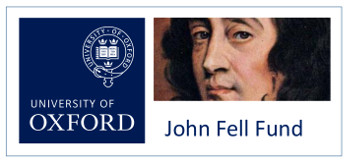Referendums are often seen as direct democracy in action – yet they occur with surprising frequency in non-democratic regimes.
Authoritarian referendums are costly to hold – and, in the past, have sometimes resulted in upsets for autocrats. Yet, they are surprisingly common. Azerbaijan alone has put 65 different questions to a popular vote since 1992. And these votes often concern questions of major importance. The annexation of Crimea by Russia in 2014 was, for instance, put to the public on the Ukrainian peninsula.
Why would non-democratic leaders organise referendums? This project, led by Jody LaPorte and Ben Noble (UCL), aims to answer this question through analysis of referendums in post-Soviet Eurasia.
The 14-month project, funded by the John Fell Fund, will begin by cataloguing the different types of referendums, charting how they vary. It will then examine whether dictators hold referendums when they are weak and internally divided, or when they are strong, using these votes to consolidate their position and project strength. This research will be used as a “proof of concept” for a larger grant to explore these questions on a global scale.




